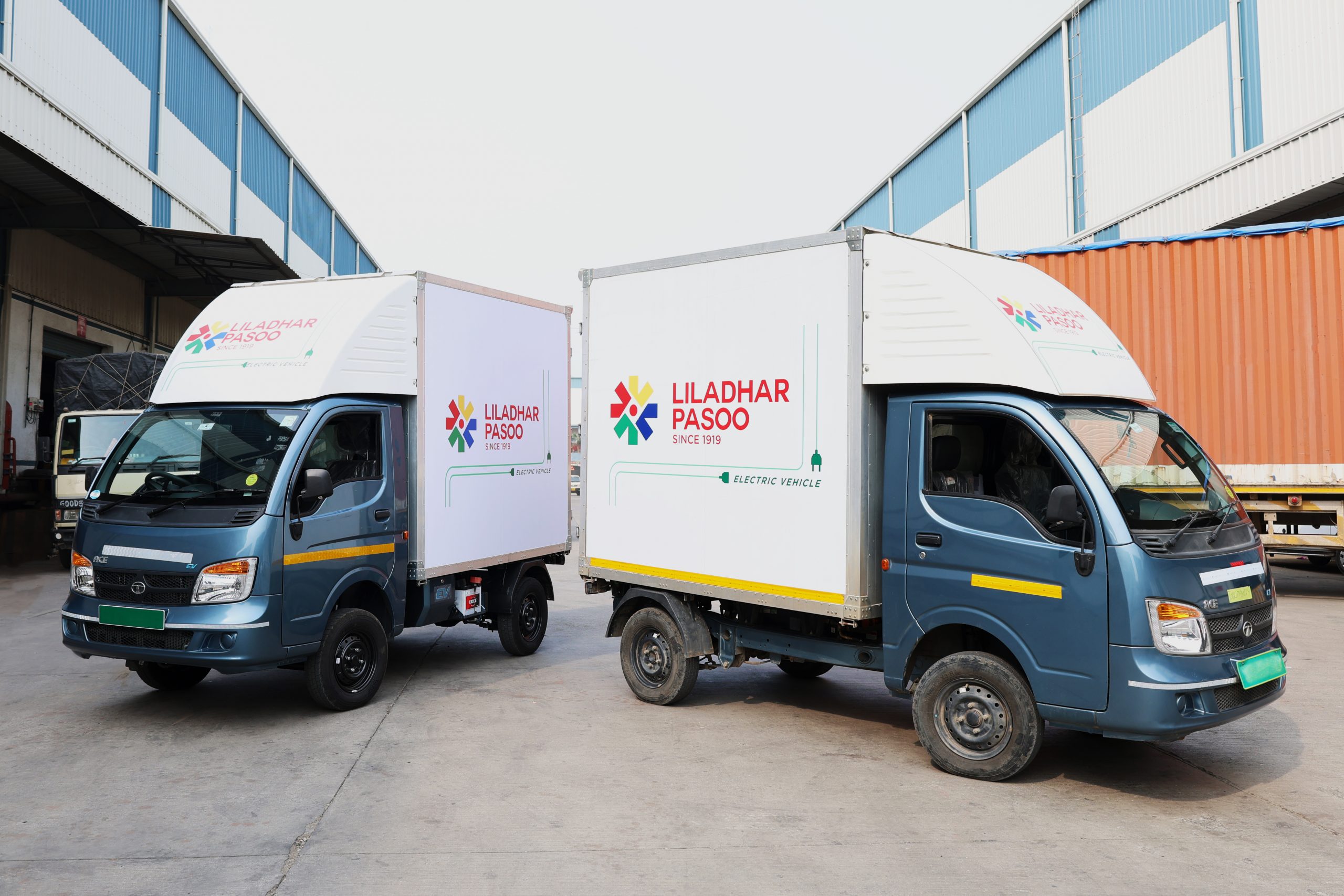The Future of Supply Chain Logistics: Embracing Sustainability and Green Practices

Building a Sustainable Future: The Green Evolution of Supply Chain Logistics in India
The logistics business is the foundation of trade and commerce. In India, where the economy is flourishing, effective logistics chain management is critical to meet rising demand. However, as the globe faces increasing environmental concerns, there has been a shift towards more sustainable and ethical logistical techniques. Today, we’ll look at the evolution of supply chain sustainability in India, the value of green practices, and how businesses may succeed while protecting the environment.
The Evolution of Supply Chain Logistics in India
India’s supply chain ecosystem has changed dramatically throughout the years. Companies have streamlined processes to better serve customers as logistics solutions have advanced and there is a greater emphasis on efficiency. But this tremendous growth comes at a cost: environmental damage. As organizations grow more aware of their environmental impact, the change to green supply chain management becomes more important than ever.
Sustainability in Supply Chain Logistics
The rise of sustainability in logistics chain management is more than a trend; it is a need. More firms are implementing green logistics techniques to cut carbon emissions, conserve resources, and reduce waste. This shift benefits not only the environment but also organizations seeking long-term success. A sustainable supply chain management maximizes resource utilization, which reduces costs and improves efficiency.
Green Practices in Indian Supply Chains
Implementing green supply chain techniques is no longer an option for Indian firms. From decreasing packaging waste to optimizing delivery routes, Indian businesses are implementing eco-friendly practices. Businesses are turning green in a variety of ways, including utilizing energy-efficient warehousing services and working with transportation services that reduce fuel consumption. Companies can connect their operations with global environmental norms by incorporating sustainability into every stage, from sourcing to delivery.
Importance of Ethical Supply Chains
While sustainability emphasizes environmental factors, an ethical supply chain guarantees that social and moral obligations are met. This includes fair labor methods, decent working conditions, and ethical material procurement. When integrated with green supply chain management, an ethical approach strengthens a company’s brand and fosters trust with customers, stakeholders, and partners.
Key Strategies for Building a Sustainable Supply Chain
Optimising Transportation Services: Using environmentally friendly cars, consolidating shipments, and increasing fuel efficiency are all important steps towards lowering carbon emissions.
Eco-Friendly Warehousing Services: Energy-efficient lighting, recycling initiatives, and sustainable architecture can significantly reduce a warehouse’s environmental footprint.
Implementing Green Logistics Technologies: Using route optimization software and energy-efficient cooling systems to reduce waste.
Partnering with ethical suppliers: Ensure that all supply chain partners follow sustainable and ethical practices.
Continuous Monitoring and Improvement: Conducting regular audits and using new green technology will help organizations stay competitive in the field of sustainable supply chain management.
Conclusion
As India’s fast industrialization continues, there will be an increased demand for effective yet sustainable supply chain management. Businesses that embrace green logistics and maintain an ethical supply chain can grow commercially while lowering their environmental impact. The future belongs to those who can innovate and adapt to the growing demand for sustainability in logistics.
LP Logiscience stands out as a logistics solutions provider dedicated to this vision, offering innovative and sustainable logistics strategies tailored to meet the evolving needs of its clients. By leveraging technology and promoting environmentally friendly practices, LP Logiscience not only enhances operational efficiency but also contributes positively to the planet. The future belongs to those who can innovate and adapt to the growing demand for sustainability in logistics, and LP Logiscience is at the forefront of this transformation.
FAQ
Q1: What is green logistics?
A: Green logistics focuses on reducing the environmental impact of logistics operations through eco-friendly practices like fuel-efficient transportation and energy-efficient warehouses.
Q2: How can businesses make their supply chain more sustainable?
A: Businesses can adopt green supply chain management practices, such as optimizing transportation routes, using renewable energy in warehouses, and minimizing waste during production.
Q3: What are the benefits of an ethical supply chain?
A: An ethical supply chain enhances a company’s reputation, builds consumer trust, and ensures fair labor practices, which are key to long-term success.
Q4: Why is supply chain sustainability important?
A: Supply chain sustainability ensures that businesses can meet current demands without depleting resources for future generations, thus promoting long-term profitability and environmental preservation.
By prioritizing sustainability and ethics, Indian logistics can become a global leader in both economic efficiency and environmental stewardship.
